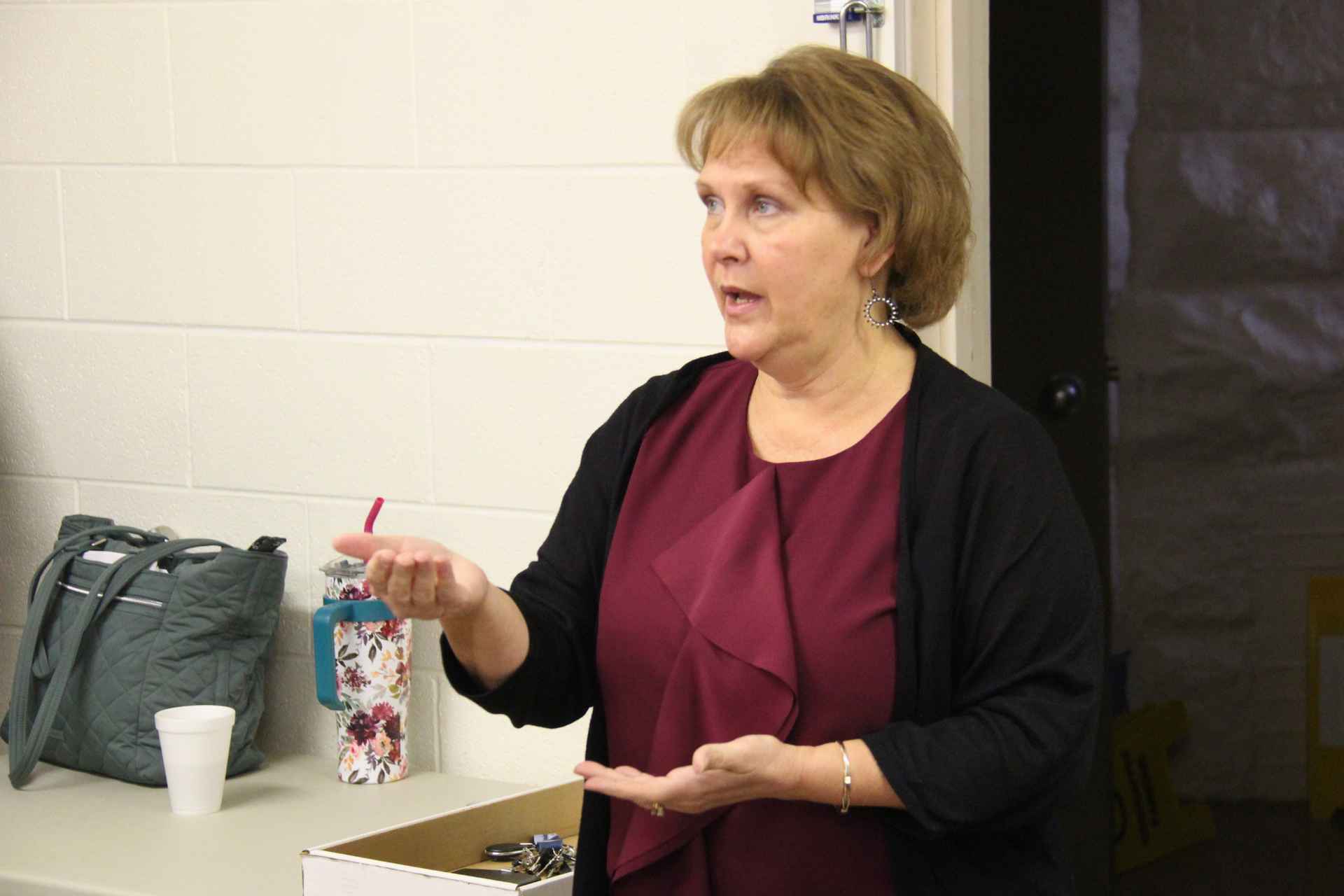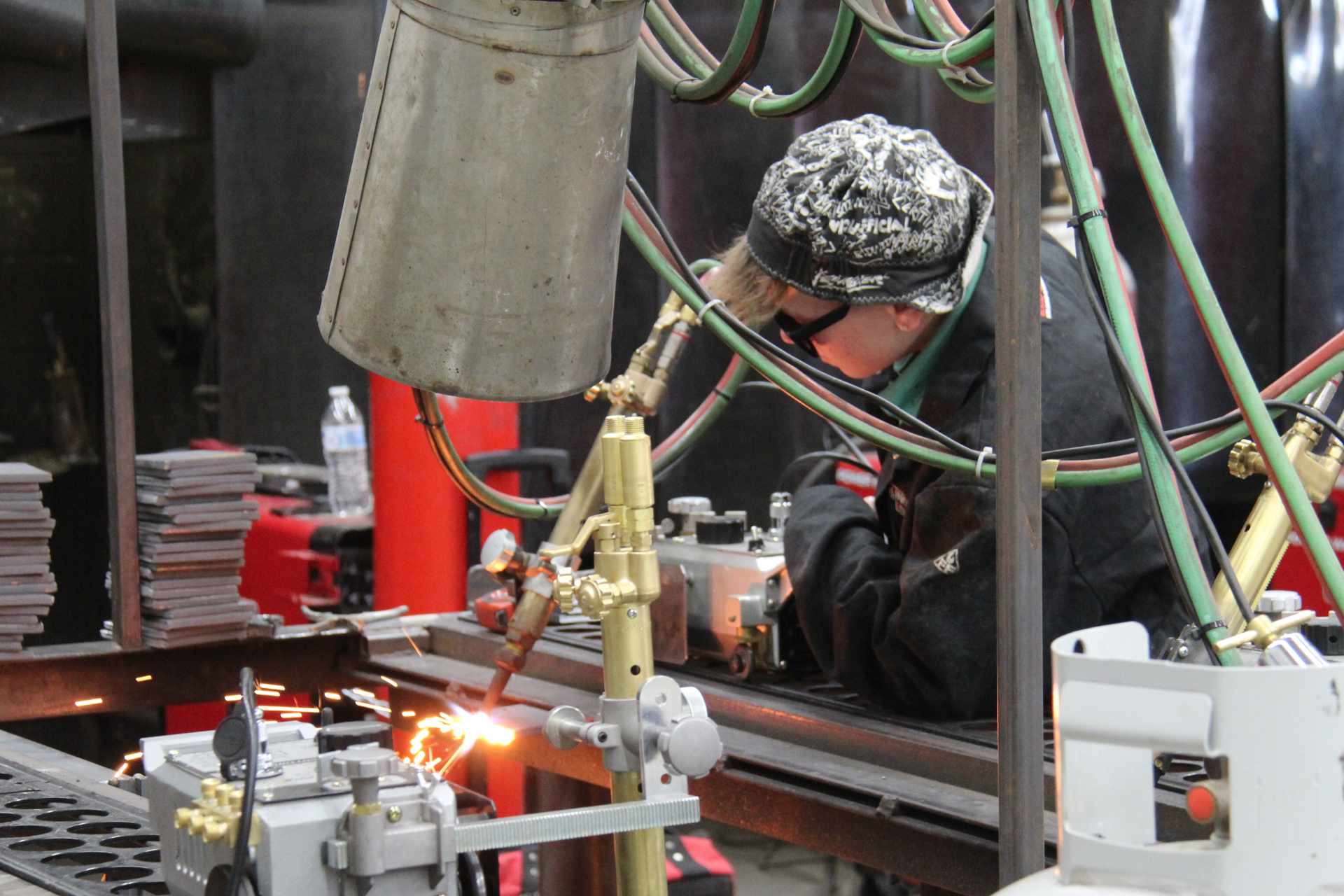MORGANTOWN, W.Va. — A political scientist at West Virginia University is researching the vulnerability of states that border a hostile, larger power and how that proximity affects the ability of those countries to provide basic services to their people.
In this case, that power is Russia.
Erik Herron, the Eberly Family Professor of Political Science and his collaborators, Cynthia Buckley (University of Illinois) and Ralph Clem, have been awarded a Minerva Research Initiative award, totaling $1.1 million, to better predict how hostile powers might interfere with their neighbors.
The Minerva Research Initiative, managed by the U.S. Department of Defense, funds social science research aimed at improving basic understanding of the social, cultural, behavioral and political forces that shape regions of the world that are of strategic importance to the U.S.
By studying Estonia, Georgia and Ukraine, Herron is looking for evidence of Russian interference that may have had an effect on how these countries provided civilian services related to health, education and elections.
“What we’ve focused on in our preliminary work is physical infrastructure damage to hospitals in Donbas, Ukraine. Donbas is an eastern region that is in a state of ongoing war,” Herron said. “What was surprising to us when we first started this project was that there wasn’t a good accounting of the damage to healthcare facilities, and we found that the level of damage was understated.”
So far, Herron and his colleagues have collected open-source data from Ukrainian and Russian language media as well as international and domestic organizations to find reports of attacks on hospitals. With the help of the Minerva Initiative, Herron and his collaborators will have the opportunity to expand the scope of the investigation to cover more countries and additional aspects of state services to citizens.
Herron notes that one reason that places like Estonia, Georgia and Ukraine are being targeted is because they are moving toward becoming democratic societies.
“The Russian political elites have had an interest in maintaining the kleptocratic government that is currently in place in Russia,” Herron said. “Destabilizing western European and U.S. interests internationally and domestically helps maintain the kleptocracy in Russia. Having a viable alternative to the system of government does not advance the means of maintaining the system as it exists.”
According to Herron, it is wrong to assume that the methods used by Russia to interfere in these countries will always be the same. For example, three years ago, cyberattacks that have been attributed to Russia disrupted the power grid in Ukraine.
“What is happening in those countries could directly affect the U.S. if similar methods are used to disrupt the U.S.,” Herron said. “In addition, Estonia, one of the three countries in our study, is a NATO ally and the U.S. and all members of NATO are obligated to help defend members of NATO.”
Herron hopes that this research will help the U.S. military better understand potential warning signs of interference by Russia.
“This award is a clear indication that the research that Dr. Herron and his colleagues are conducting is at the cutting-edge of comparative political science internationally,” said John Kilwein, chair of the Department of Political Science. “We are very proud that it’s being done here at WVU.”


















